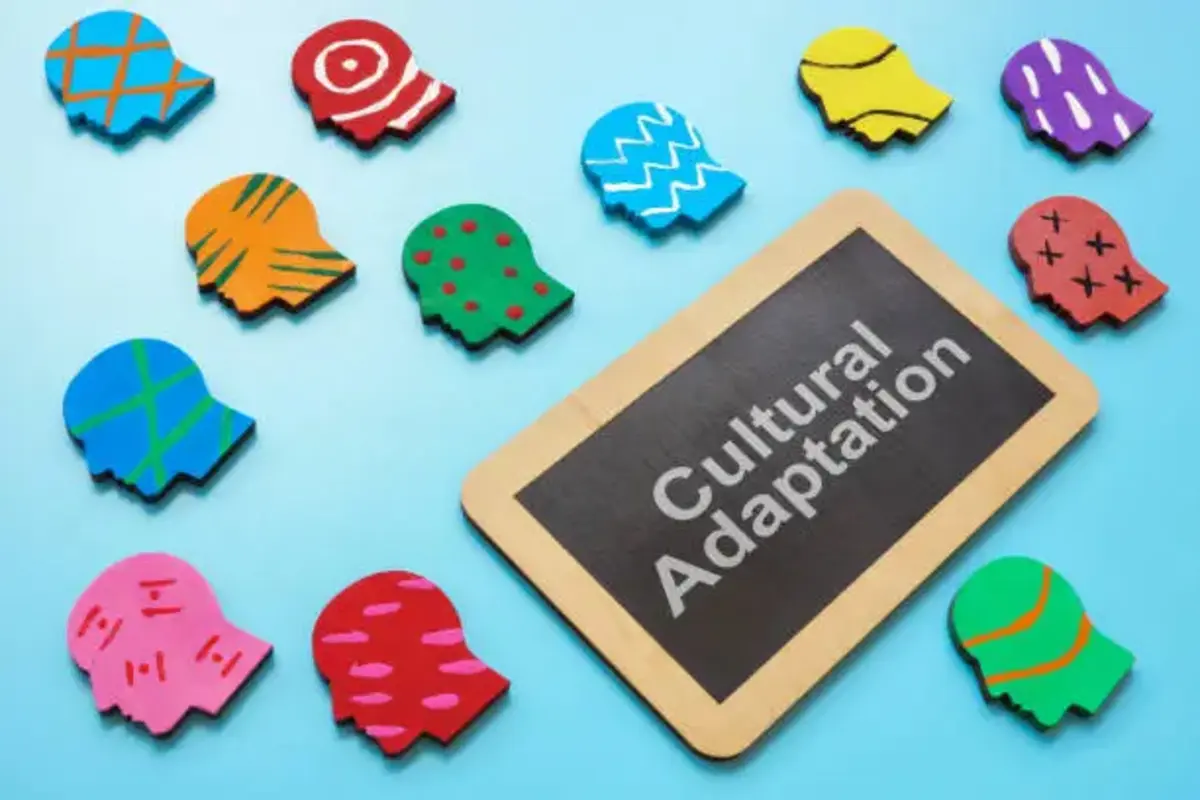Key Takeaways
- Understand the importance of sustainable water use to help preserve this vital resource.
- Learn practical strategies and technologies for efficient water management in various sectors.
- Discover data-backed insights into global water consumption trends.
Introduction to Water Conservation
In the face of rising demand and dwindling supply, water conservation emerges as a quintessential approach to managing one of Earth’s most vital resources. Such educational endeavors delve deep into innovative techniques and strategies, fostering efficient water use that aligns seamlessly with global sustainability objectives.
The drive towards mitigating water wastage and securing its availability for future generations necessitates a multi-pronged approach spanning households, communities, and various industrial sectors. Adopting such enduring water-saving strategies has transcended from being merely advisable to becoming an imperative in today’s rapidly changing world. By understanding and adapting these strategies, societies can better foster environments where natural resources are celebrated and preserved.
Global Water Consumption Trends
An in-depth examination of global water consumption patterns unveils a complex tapestry of challenges and disparities. The World Bank anticipates a staggering 30% rise in water demand by 2050, indicating the pressing nature of the issue and the breadth of its potential impact. This predicted surge underscores the dire need for enhanced water management practices, urging governments, industries, and individuals to rethink their water usage policies and habits urgently. The significance of embracing Water Management Courses manifests in their ability to provide individuals and institutions with the crucial knowledge necessary for implementing sustainable practices.
With rapid urbanization and the pervasive impacts of climate change, water scarcity has transcended borders, directly affecting millions. These trends have far-reaching implications for agriculture, health, economic stability, and beyond. Addressing these multifaceted concerns requires a granular understanding of regional consumption patterns and a commitment to fostering efficiency, innovation, and sustainability.
Effective Water Management Techniques
Effective water management is the linchpin of conserving this life-sustaining resource and necessitates employing innovative and practical solutions. Among these, rainwater harvesting is an age-old technique with modern significance, capturing and storing rainwater for reuse in various applications. This method alleviates the burden on municipal water supplies while providing a buffer against seasonal rainfall variability.
Similarly, gray water recycling presents a promising approach by repurposing wastewater from sinks, showers, and washing machines for landscape and agricultural irrigation. This reduces the demand for freshwater resources and promotes a circular use of available water. Techniques like drip irrigation further optimize water usage in agriculture by delivering water directly to plant roots, significantly reducing evaporation and runoff.
- Rainwater Harvesting
- Gray Water Recycling
- Drip Irrigation
Collectively, these techniques highlight the potential for significant reductions in water use across urban and rural landscapes and exemplify the ingenuity required to address the world’s water challenges.
Technology’s Role in Water Conservation
Emerging technologies pave the way for more efficient and effective water conservation practices. Intelligent irrigation systems are increasingly being implemented in agricultural and residential settings, allowing for precise control over water delivery based on real-time weather data and soil conditions. These systems help maximize efficiency by ensuring that water is only applied to the required areas when necessary.
Water sensors and other IoT-enabled devices revolutionize water management by providing continuous data streams to monitor and optimize usage patterns. This technological advance exemplifies how innovation in proximity detection and data-analysis tools can lead to substantial water savings, thus promoting a sustainable future where our water resources are used judiciously and responsibly. Integrating technology into water management routines offers immediate savings and long-term environmental benefits, reinforcing that innovation is key to sustainable resource management.
Sector-Specific Strategies
Water conservation strategies vary across sectors, each with unique requirements and challenges. In agriculture, precision farming technology has seen increased adoption. This technology minimizes water use by targeting irrigation efforts precisely where needed. This approach not only conserves water but often improves crop yield and quality.
Conversely, the industrial sector has invested heavily in innovative water recycling systems, focusing on reclaiming, reusing, and treating water within the production cycle. Such initiatives significantly reduce waste and promote sustainable resource utilization. Additionally, energy sectors can adopt efficient cooling process designs to minimize water usage, further demonstrating the cross-sector applicability of these strategies. This diversity in approach highlights how tailored planning and implementation can improve sustainability outcomes across industries.
Community Involvement and Policy Influence
Community involvement is critical in driving successful water conservation initiatives. Local efforts and broader governmental policies can significantly change societal attitudes toward water use. Grassroots initiatives help transform public perceptions and encourage responsible consumption by highlighting sustainable practices’ personal and communal benefits.
Government policies, such as incrementally structured water pricing and subsidies, incentivize businesses and individuals to adopt water-efficient habits. Public education campaigns are also instrumental in raising awareness about the critical nature of conserving water, fostering a community-centric approach to sustainability. These combined efforts can lead to developing a more widespread culture of conservation, where responsible water use becomes the norm rather than the exception.
Future Outlook for Water Sustainability
The trajectory toward water sustainability is marked by ongoing innovation and proactive policy development. Learning from successful case studies, like Singapore’s NEWater initiative, we see the importance of integrating advanced technology with effective policy to manage resources efficiently. This initiative, among others, highlights the symbiotic relationship between technological implementation and legislative support in achieving sustainable outcomes.
Incorporating community-based conservation strategies and continuous technological advancements will be crucial in securing water for future generations. By adapting and expanding upon successful models, societies can effectively navigate future challenges and ensure the availability and accessibility of water as a steadfast resource for all.














